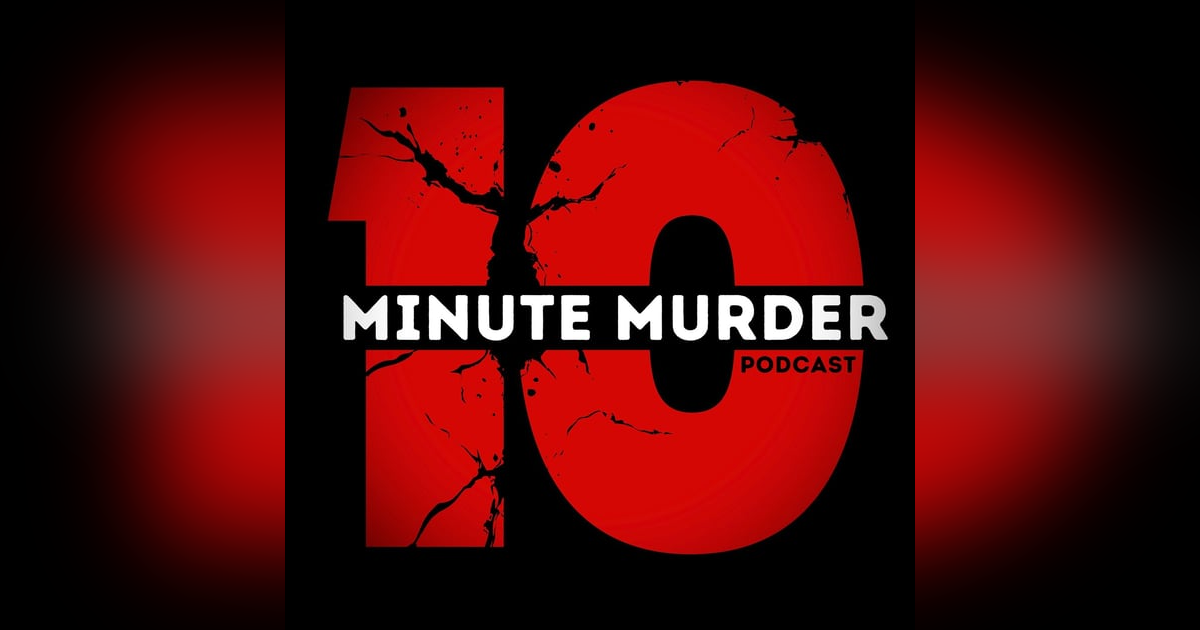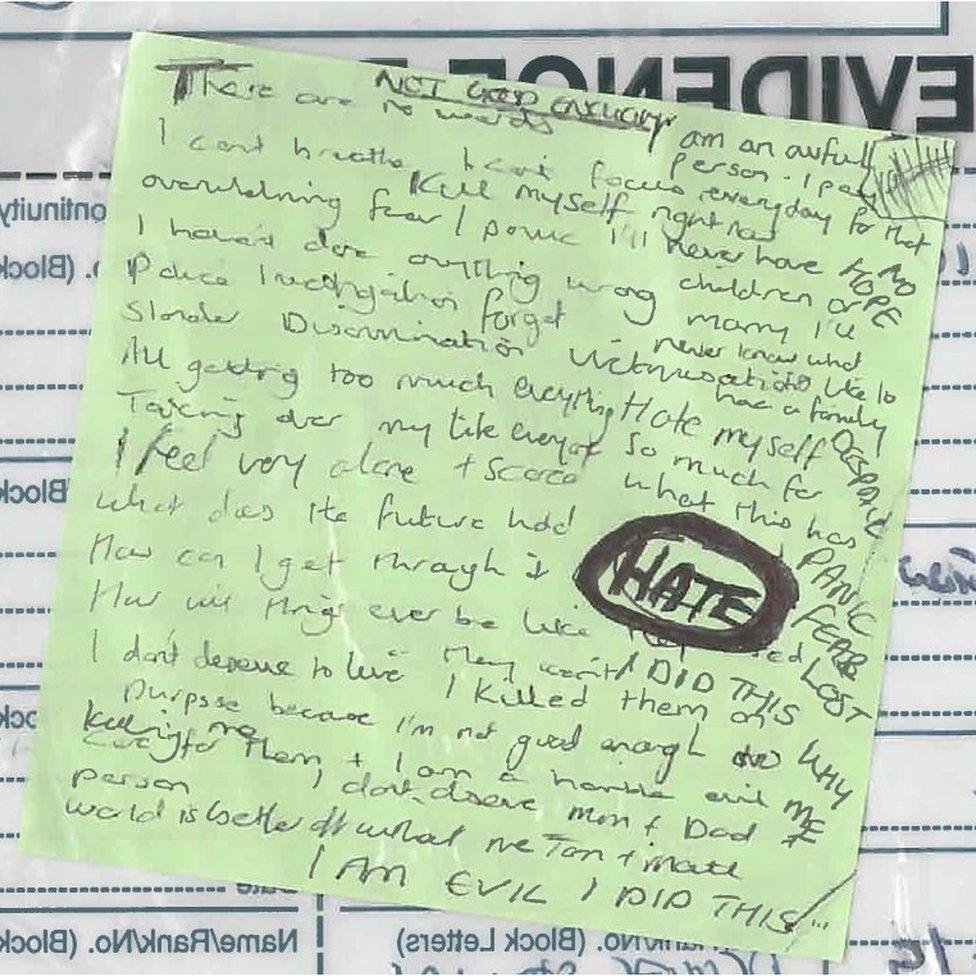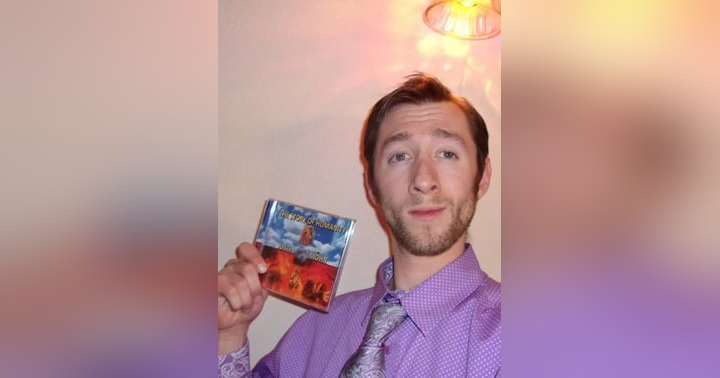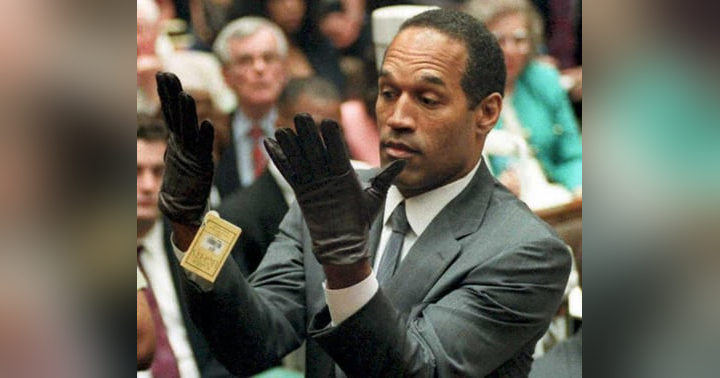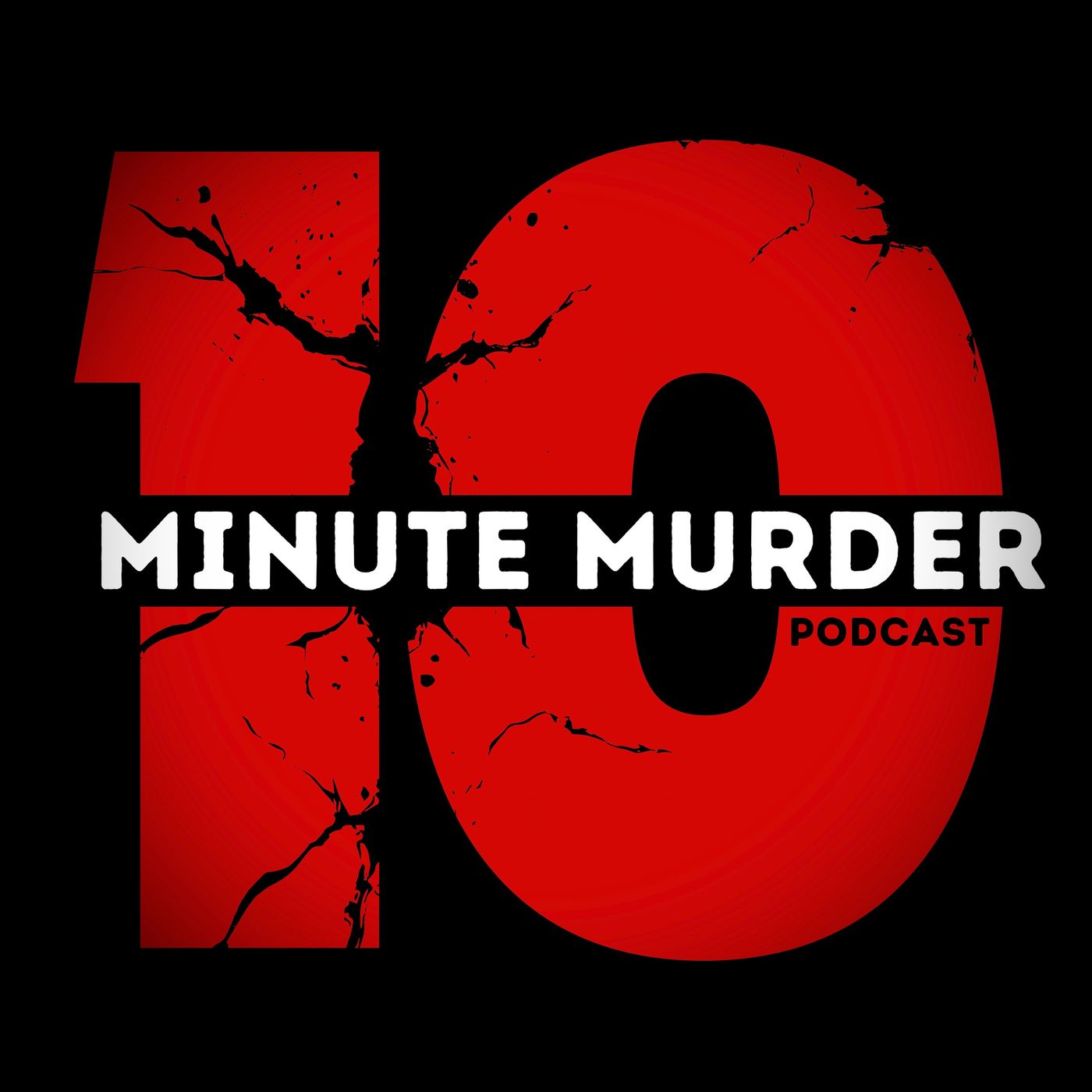Is Lucy Letby A Baby Killer: The Medical Evidence Is Under A Microscope

Picture a neonatal nurse convicted of murdering seven babies. The evidence seemed solid. The case seemed closed. Then 14 international medical experts reviewed every single death and said wait, no crime was committed here. What actually killed these babies might be more terrifying than any murderer because it's still happening in hospitals right now.
In 2023, British neonatal nurse Lucy Letby was convicted of murdering seven babies and attempting to murder eight more. She got 15 whole life sentences. The media called her Britain's worst child serial killer in modern history. Parents who lost their babies finally had someone to blame. Justice was served.
Or maybe justice got it catastrophically wrong.
In February 2025, a panel of 14 international medical experts held a press conference in London that sent shockwaves through the UK legal system. We're talking about baby doctors and specialists from six different countries, led by Dr. Shoo Lee, a retired newborn care specialist from Toronto. After reviewing all 17 cases from Letby's trial, they concluded there was no medical evidence any baby was murdered. None. They said every single death or injury was due to natural causes or bad medical care.
Dr. Lee said plainly, "We did not find any murders. In all cases, death or injury was due to natural causes or bad medical care."
This is a panel of experts who spent months going through medical records and testimony. They're saying the fundamental premise of the entire prosecution might be wrong.
The Woman Behind the Headlines
Lucy Letby wasn't some troubled kid with a dark history. Born in 1990, she had an average, unremarkable childhood. First in her family to go to university. She graduated in 2011 with a nursing degree and landed her dream job as a neonatal nurse at Countess of Chester Hospital.
Colleagues described her as beige, average, someone who blended into the background. She had a "sweet dreams" duvet cover and stuffed animals in her apartment.
There were red flags. An assessor in 2011 noted she struggled with basic medical knowledge and giving medications properly. They described her as cold, someone who had trouble reading anxious parents. The warning signs suggested she might not have been the most competent nurse on the ward.
When Babies Started Dying
The baby unit at Countess of Chester Hospital typically saw two or three infant deaths per year. Then in June 2015, everything changed. Four babies declined rapidly. Three died. Over the next year, babies would suddenly nose-dive, turn strange colors, stop breathing. Some died. Others were brought back and suffered serious injuries.
One nurse kept being present when it happened. Lucy Letby.
A senior nurse did a staffing analysis and found Letby was 80% more likely to be on duty during a collapse than random chance would suggest.
In October 2015, doctors went to hospital executives with their concerns. They said something was seriously wrong. Management basically told them to shut up.
The Cover-Up That Enabled Everything
When doctors raised concerns, executives defended Letby. In June 2016, after two more babies died, consultants directly asked a hospital executive to remove Letby from the ward. She refused. She said there was no evidence and took full responsibility for keeping Letby on duty.
Letby was eventually moved to a desk job in July 2016. Then she filed a complaint. Hospital executives agreed with her. They accused the consultants of ganging up on her unfairly.
Management demanded the doctors apologize to Lucy Letby. The woman they suspected of killing babies. Some doctors actually did it, probably because they feared for their careers.
Dr. Ravi Jayaram, one of the doctors who raised the alarm, later said that 71% of NHS consultants fear that raising patient safety concerns will harm their careers.
Management tried to return Letby to the baby ward in early 2017. Police weren't contacted until March 2017. That's a year and a half of babies being put at risk while executives protected the hospital's reputation.
The Evidence That Convicted Her
Lucy Letby was arrested in July 2018 and charged in November 2020. Her trial lasted ten months.
The prosecution said Letby killed babies by injecting air into their bloodstream, poisoning them with insulin, and force-feeding them milk. Methods chosen because they would disappear and not leave obvious traces. They pointed to specific skin color patterns as proof of air bubbles blocking blood vessels. They highlighted abnormal blood tests showing synthetic insulin.
The lead prosecution expert was Dr. Dewi Evans, a retired baby doctor. When he couldn't find a natural cause of death, he concluded it must be murder.
Then there was behavioral evidence. Police found Post-it notes in Letby's apartment with phrases like "I am evil, I did this." Prosecutors said this was a confession.
The defense argued those notes showed anguish, not guilt. Letby wrote them on her doctor's advice to cope with the stress of being investigated. She was questioning whether she'd accidentally harmed babies through incompetence. Neither side called a psychologist to interpret these writings. The jury decided without expert guidance.
In August 2023, the jury convicted Letby. She refused to attend her sentencing. The judge handed down a whole life order.
The Science That's Falling Apart
The main theory was air bubbles in the bloodstream blocking blood vessels. Dr. Evans diagnosed this repeatedly. To support this theory, the prosecution cited a 1989 research paper about air problems in newborns.
The author of that paper is Dr. Shoo Lee, the same guy now leading the panel saying Letby didn't murder anyone.
Lee says his research was completely misunderstood. His paper examined air problems in the lungs from ventilators. That's fundamentally different from injecting air into veins. Lee says air bubbles in blood vessels are incredibly rare and the skin color changes described at trial don't match what you'd actually see.
Dr. Evans also has a questionable history. In a previous case, a judge called one of his reports "worthless." The trial judge allowed his testimony anyway.
The expert panel found alternative explanations for every death.
Baby Four, allegedly killed by injected air, actually died from a blood infection, pneumonia, and a condition where her blood couldn't clot. They noted preventable failures: delays recognizing breathing problems, failure to start antibiotics. No evidence of air in the bloodstream.
Baby Nine died from breathing complications plus an infection with bacteria resistant to most antibiotics. Doctors failed to respond to warning signs. Another likely preventable death. No evidence of air in the bloodstream.
The panel identified more than a dozen systemic problems: failures diagnosing diseases, poor management of low blood sugar, inadequate skills in basic procedures, delays in essential treatments.
Separate experts concluded in February 2025 that there's "no scientific justification" to definitively state Letby poisoned babies with insulin.
What emerges is horrifying. Maybe these babies died because the baby unit was operating under terrible medical care. Maybe the real killer was substandard care, missed diagnoses, and undertrained staff.
Dr. Lee said the care was so bad that in Canada, the unit would have been shut down.
The Case That's Now Unraveling
In February 2025, Letby's new lawyer Mark McDonald held a press conference alongside Dr. Lee. He now has 26 experts and over 1,000 pages of new evidence. He's submitted an application to the Criminal Cases Review Commission, which investigates potential wrongful convictions.
The commission confirmed they received the application on February 3, 2025. They're reviewing whether the convictions could be overturned. This typically takes at least a year.
In July 2025, police arrested three senior hospital leaders on suspicion of causing death through terrible negligence. These were the executives who ignored warnings, defended Letby, and demanded apologies from whistleblowers. They've been released on bail.
Former UK Health Secretary Jeremy Hunt publicly stated the case should be urgently reexamined. He wrote that if medical error was the real cause, "we need to make sure no more babies die from the same mistakes."
What This All Means
The trial lasted ten months. Jurors heard from 133 witnesses. They were asked to make sense of incredibly technical medical testimony. Jurors are regular people. They're not doctors. This case relied on what one prosecution expert said. That expert had a history of providing unreliable testimony.
Now 14 international experts are saying the entire medical foundation is wrong. That's not a small disagreement. That's a wholesale rejection.
If Letby is innocent, this is catastrophic. An innocent woman is serving 15 life sentences for crimes that never happened. Families are grieving murders that were actually preventable medical errors. The real failures haven't been fixed because everyone thought a serial killer was responsible.
This is about institutional failure. A culture where raising patient safety concerns can destroy your career. Executives who prioritized protecting the hospital's reputation over protecting vulnerable patients.
The hospital enabled whatever happened for over a year. If those babies died from substandard care, the systemic failures are terrifying because they're probably still happening.
The whistleblowers were treated like troublemakers. They were told to apologize. They were pressured to stay quiet. That's NHS culture.
Lucy Letby sits in prison maintaining her innocence. Her lawyer says she was "a broken woman" a year ago. Now "she has hope." The Criminal Cases Review Commission is evaluating her case. Three hospital executives await potential charges.
Parents who lost babies are caught in an impossible situation. They're being forced to reconsider everything they believed about their children's deaths.
We might not know the real answer for years. What we do know is this: whether Lucy Letby murdered seven babies or whether a dysfunctional baby unit killed them through incompetence, the same systemic failures enabled the tragedy. Executives ignored warnings. Whistleblowers were silenced. Medical errors went unaddressed. The most vulnerable patients paid the price.
That's the real horror at the heart of this case. That's what needs to change, regardless of what happens to Lucy Letby.
